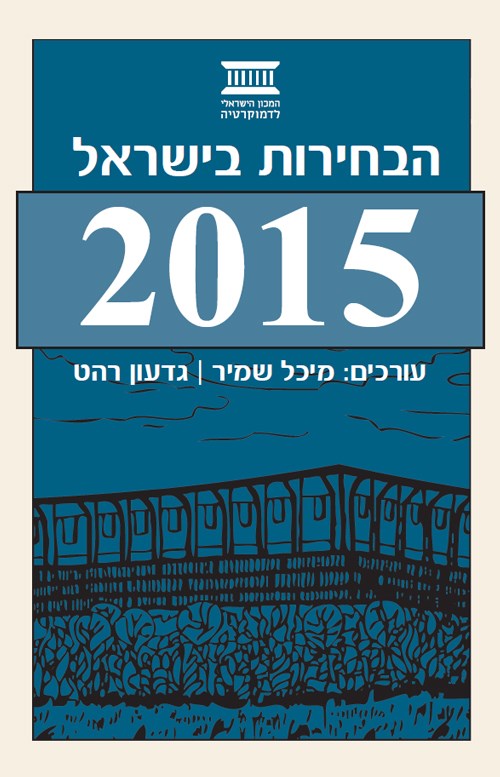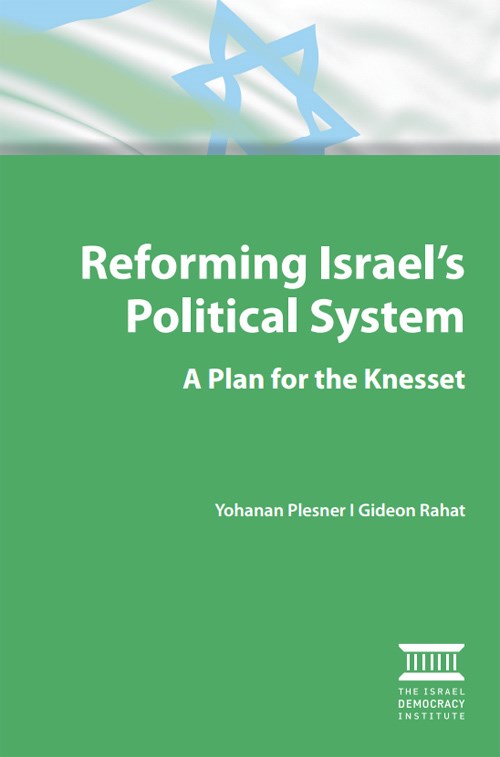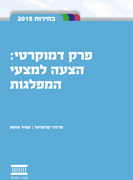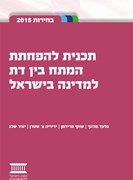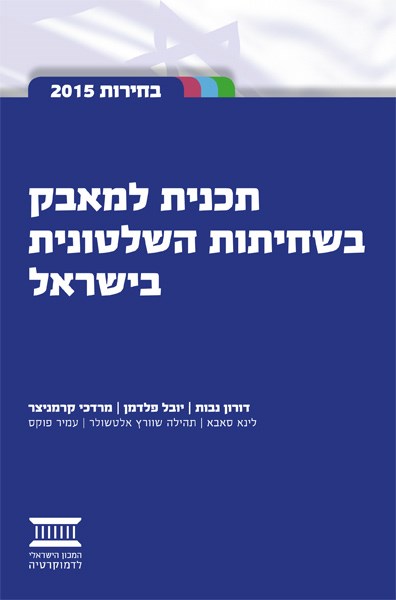

Publications Regarding Elections 2015
Articles
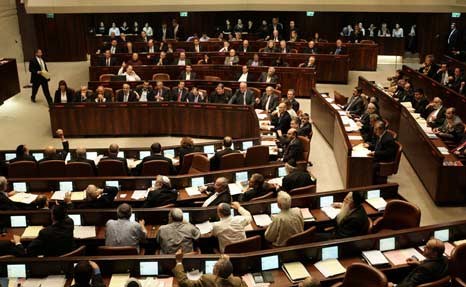
The Many Ways to Dissolve the Knesset 2022
Written By: Dr. Dana Blander
The unlikely coalition that survived thanks to the one vote has lost the parliamentary majority. Does this mean that the Knesset will disperse and new elections will be held? Dr. Dana Blander explains the different ways in which the Knesset can be dissolved and discusses the relationship between these mechanisms and government stability in a parliamentary system.

Campaign Financing in Israel
Written By: Dr. Assaf Shapira
A discussion of the principal issues pertaining to campaign financing in Israel, written before the Knesset elections of 2015.

The Glass is Half Full
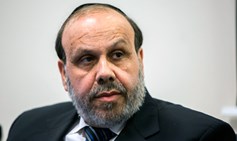
An Open Letter to the New Minister of Religious Services
Written By: Dr. Shuki Friedman
As the new government begins its work, Dr. Shuki Friedman, Director of IDI's Center for Religion, Nation and State offers recommendations to MK David Azoulay, Minister of Religious Services, on how to keep the rabbinate relevant and improve its standing in Israeli society.

Don't Increase the Number of Cabinet Ministers
Written By: Prof. Ofer Kenig
Dr. Ofer Kenig argues that amending the clause of the Basic Law that limits the number of ministers in the next government to 19 is not only unnecessary, but also brings about a sense of déjà-vu that the Knesset is defying the rules of the game once again.
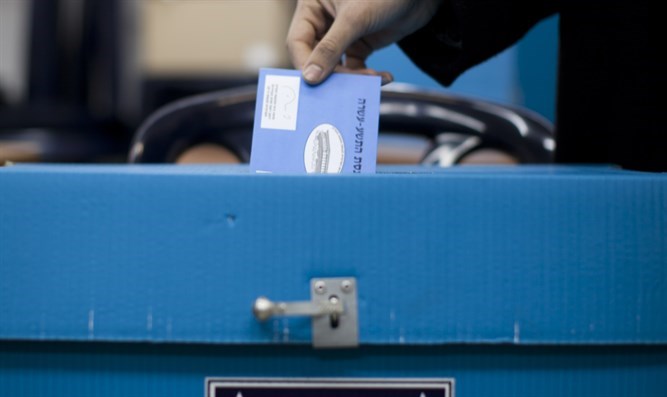
Coalition Building: How Long Is Too Long?
Written By: Prof. Ofer Kenig
How long is too long to form a coalition? Dr. Ofer Kenig looks at how long it takes to form a government in different parliamentary democracies.
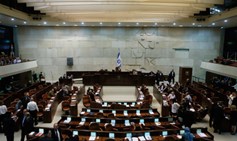
The 2015 Knesset: Can New Brooms Make a Clean Sweep?
Written By: Dr. Chen Friedberg
Israel's 20th Knesset will have 39 new members. Will this infusion of new blood improve the Knesset's performance? Dr. Chen Friedberg explores some of the issues that may impede the ability of these new Knesset members to "clean up" the Knesset.

The Social Composition of the 20th Knesset
Written By: Prof. Ofer Kenig
On Tuesday March 30, 2015, the 120 members of the 20th Knesset will be sworn in. About one third of them are new faces, and almost a quarter are women. How many religious MKs are in the Knesset? Which is the "youngest" parliamentary group? Dr. Ofer Kenig explores the demographic attributes of the 120 members of Knesset.
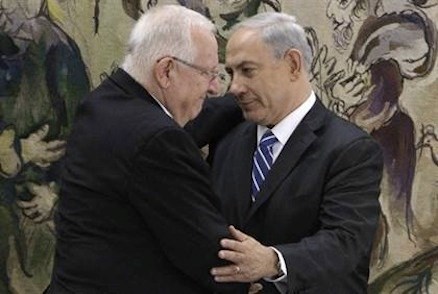
The 2015 Elections and Israeli Governance
Written By: Yohanan Plesner
In a Jerusalem Post op-ed, Yohanan Plesner notes that the 2015 Knesset election demonstrates that structural changes matter, and argues that further stability can be fostered by automatically making the head of the largest party prime minister.

Flash in the Pan Parties in Israel
Written By: Dr. Assaf Shapira
"Flash in the pan" parties suddenly spring up, run for Knesset with varying degrees of success, and disappear from the political map soon after. This article discusses this phenomenon in Israel in the past and in the context of the 2015 elections.

Who Doesn’t Vote in the Israeli Knesset Elections?
Written By: Ella Heller
What has contributed to the decline in voter turnout in Israel? This article explores possible causes and presents a profile of the non-voters in the 2013 Knesset elections. The findings that it reports raise concerns about the value of equality in political participation in Israel.
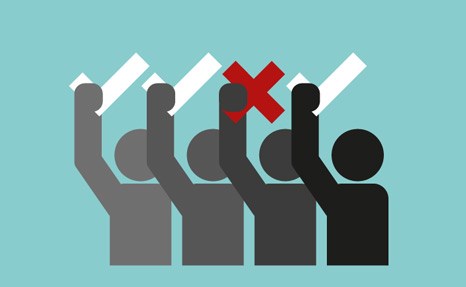
The Intra-Party Democracy Index 2015
Written By: Prof. Gideon Rahat, Dr. Assaf Shapira
The findings of the Party Democracy Index, a tool designed to evaluate the level of democracy within political parties, which was designed by IDI's political reform research team. The findings have been released in advance of the 2015 Knesset elections.
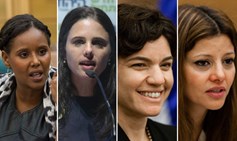
Women's Representation in the Knesset: Still Increasing But Not Fast Enough
Written By: Prof. Ofer Kenig
Dr. Ofer Kenig analyzes the predicted rate of representation of women in the 20th Knesset as compared to previous Knessets and as compared to the rate of women's representation in the parliaments of other democracies.

The Elephant in the Room: Relations between Religion and State in Israel
Written By: Prof. Yedidia Z. Stern
Prof. Yedidia Stern urges Israel's leaders to stop tiptoeing around the core issues of religion and state in the Knesset election campaign, and to take a clear position on the matter.

The Electoral Threshold, Wasted Votes, and Proportionality
Written By: Prof. Ofer Kenig
In the upcoming elections, the electoral threshold will be 3.25%, a big leap from the last elections. Will this higher hurdle deter voters from supporting small parties? Will it reduce the share of wasted votes? What impact will it have on the proportional nature of the electoral system?
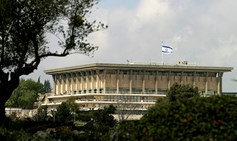
23 Knesset Seats is Not a Victory
Written By: Yehoshua Oz
In an op-ed in the Jerusalem Post, Yehoshua Oz, IDI's Director of International Communications, argues that pundits eager to crown a victor in the 2015 elections have lost sight of the fact that winning one-fifth of the Knesset seats is no victory.

How to Prevent the Recurrence of Early Knesset Elections
Written By: Yohanan Plesner
IDI President Yohanan Plesner recommends a change of approach and some practical steps for changing the reality in which the Israeli public repeatedly goes to the polls to elect a new Knesset before the previous Knesset has finished its term.

The Firing of Ministers in Israel: A Historical Overview
Written By: Prof. Ofer Kenig
The demise of the 19th Knesset was hastened by Prime Minister Benjamin Netanyahu's firing of Finance Minister Yair Lapid and Justice Minister Tzipi Livni. In the article below, IDI researcher Dr. Ofer Kenig discusses the various grounds for firing ministers in the past and how the current case fits into Israeli political practice.

Democracy: The Key Election Issue
Written By: Prof. Mordechai Kremnitzer
In an op-ed in Maariv, IDI Vice President Prof. Mordechai Kremnitzer calls for an election campaign that focuses not only on foreign policy and Israel's social gap, but on the nature of Israeli identity and the value of Israeli democracy itself.
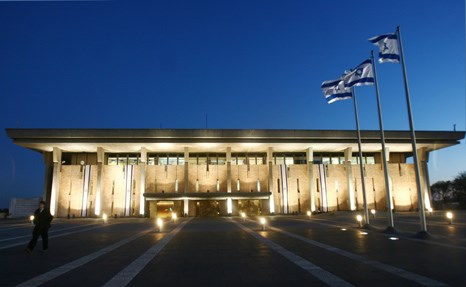
The 2015 Knesset Elections: Facts and Figures
The statistics and graphs below pertain to the upcoming Knesset elections, which will be held on March 17, 2015. The data were collected and analyzed by Dr. Ofer Kenig of IDI's Political Reform project.

